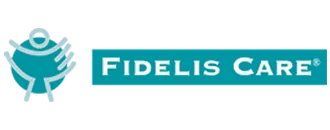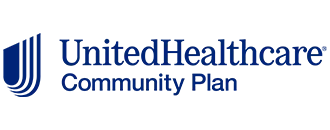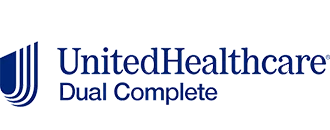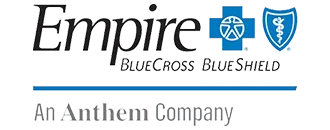Acute coronary syndromes (ACS) refer to a group of conditions characterized by a sudden reduction or interruption of blood flow to the heart muscle, usually caused by the rupture of atherosclerotic plaque in the coronary arteries.
This can result in chest pain, shortness of breath, and even a heart attack. ACS is a medical emergency that requires immediate treatment. In this blog, we will discuss the different types of ACS, their causes, symptoms, diagnosis, and treatment options.
Types of ACS
There are three types of ACS
unstable angina, non-ST-elevation myocardial infarction (NSTEMI), and ST-elevation myocardial infarction (STEMI). Unstable angina is chest pain that occurs at rest or with minimal exertion and is caused by the partial blockage of a coronary artery. NSTEMI occurs when there is a partial or temporary blockage of a coronary artery, leading to damage of the heart muscle. STEMI occurs when there is a complete blockage of a coronary artery, resulting in a heart attack.
- Causes of ACS: ACS is most commonly caused by the buildup of atherosclerotic plaque in the coronary arteries. Atherosclerosis is a gradual process in which fatty deposits, cholesterol, and other substances accumulate in the inner walls of the arteries, causing them to narrow and become less elastic. Plaque rupture can occur when the fibrous cap covering the plaque breaks, exposing the contents of the plaque to the bloodstream, leading to the formation of a blood clot. This clot can then completely or partially block the flow of blood through the coronary artery, leading to ACS.
- Symptoms of ACS: The most common symptom of ACS is chest pain or discomfort that can radiate to the neck, jaw, shoulder, arm, or back. The pain can be described as a tightness, pressure, squeezing, or burning sensation, and can be accompanied by shortness of breath, sweating, nausea, vomiting, dizziness, or lightheadedness. In some cases, there may be no chest pain, especially in elderly or diabetic patients.
- Diagnosis of ACS: ACS is diagnosed based on the patient's symptoms, medical history, physical examination, and diagnostic tests. A 12-lead electrocardiogram (ECG) is the first test performed to evaluate the electrical activity of the heart and identify any changes that may indicate a heart attack. Blood tests such as troponin, a protein released when the heart muscle is damaged, are also used to confirm the diagnosis of ACS.
- Treatment of ACS: The treatment of ACS depends on the type and severity of the condition. The main goals of treatment are to relieve symptoms, prevent complications, and restore blood flow to the heart muscle.
Treatment options may include the following:
- Medications: Antiplatelet agents such as aspirin, clopidogrel, or ticagrelor are used to prevent the formation of blood clots. Nitroglycerin is used to relieve chest pain by dilating the blood vessels. Beta-blockers and ACE inhibitors are used to reduce the workload on the heart and improve its function.
- Invasive procedures: In some cases, invasive procedures such as angioplasty or stenting may be necessary to restore blood flow to the heart. During angioplasty, a catheter is inserted into the blocked artery and a balloon is inflated to widen the artery. A stent may also be placed to keep the artery open. In some cases, coronary artery bypass grafting (CABG) may be required to bypass the blocked artery and restore blood flow.
- Lifestyle changes: After an ACS event, lifestyle changes such as quitting smoking, eating a healthy diet, exercising regularly, and managing stress are important to reduce the risk of future complications.

















